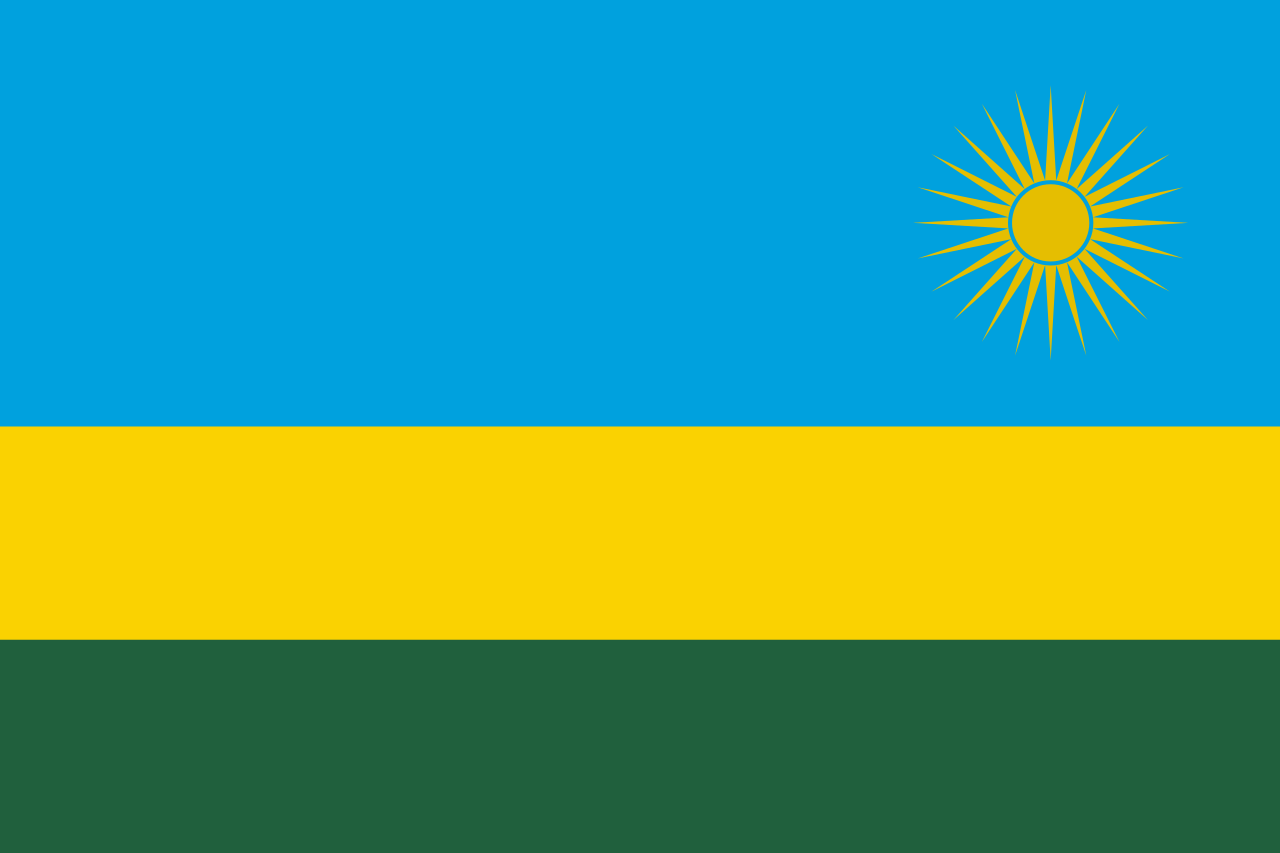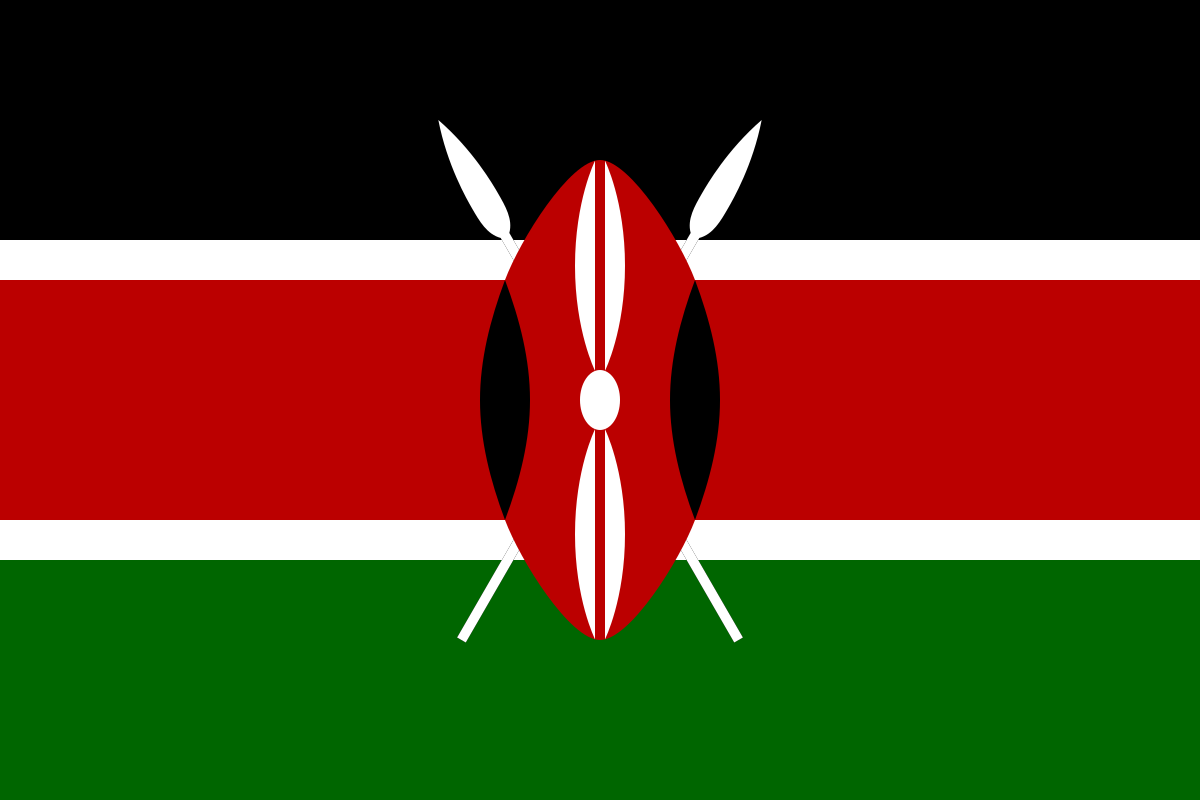With only two years left until Rwanda's set deadline for universal electrification, Rwanda Energy Group (REG) has said it needs $600 million (over Rwf612 billion) to fully achieve the target.
Currently, energy access in the country is at 72 per cent and the deadline for universal access is set for June 30, 2024.
The figures were disclosed on Monday, June 27 by the CEO of the energy group as officials from the infrastructure ministry and its affiliated agencies appeared before the senate standing committee economic development and finance.
Weiss told senators that REG has a clear masterplan – the national electrification plan (NEP) – on how all households will have been connected to electricity by [end of June] 2024.
He indicated that the plan they have with the World Bank will bring the rate of Rwandan households connected to energy to above 80 percent.
“We still have a budget gap to reach 100 percent, but we are working on it. We are requesting a loan of $600 million and this is in the process of approval. This will allow us to implement the remaining needed projects to reach 100 percent,” he said.
He indicated that for the households living in formal grouped settlements, in principle, they will all be connected to grid electricity.
But for areas where there are scattered houses, and residents will most likely relocate to formal grouped settlement sites in the future, he said, “We are connecting them off-grid with a temporary solution.”
“And this is not giving the houses the best electricity as on-grid but at least it gives them some support as they can read, they can have light to see around, power to charge their telephone and radio,” he said.
Senator Laetitia Nyinawamwiza said that the fact that Rwanda’s household energy access is going to reach 100 percent very soon [gradually by 2024] ‘is amazing’.
Addressing expensive electricity
However, Nyinawamwiza expressed concern over costly electricity.
“The price [of electricity] is still high for citizens,” she said.
Responding to the high energy prices, Weiss said “we are aware that the electricity price is still high, “but we assure that in time it will go down.” He pointed out that the high electricity tariff was resulting from the fact that the country was still struggling with the fuel-run power plants.
Information from Rwanda Utilities Regulatory Authority (RURA) shows that electricity generation through diesel-fueled machinery was costing the country some Rwf59 billion per year.
“The main problem that we have is that the peat power plant – Hakan [for the generation of electricity from peat in Akanyaru swamps in Gisagara District] – that was supposed to come in February 2020 delayed to come,” Weiss said.
“Now it is available, it has started to increase the [power] production, it is already in peak hours producing 20 megawatts and it will continue to increase in the next fiscal year. This power plant will replace the fuel [run] power plants and this will allow us to reduce the price in the future,” he said.
It was expected that this $400 million peat plant would have a capacity to generate 80 MW.
Weiss also said that other projects that are coming on board next year and will help to reduce the electricity tariff, include Shema power [with a capacity to generate 56 MW from Kivu methane gas], and also the $ 340 million regional Rusumo Hydropower Plant expected to generate 80 MW to be shared between Rwanda, Tanzania and Burundi.
According to data from REG, as of May 2022, the cumulative electricity connectivity rate was 71.92 percent of Rwandan households including 50.61 percent connected to the national grid and 21.31 percent accessing through off-grid systems (mainly solar energy).
The current energy access rate in Rwanda represents a significant step as it more than doubled in the last five years, given that only 30.9 per cent of Rwandan households had connection to electricity as of May 2017, according to data from the Ministry of Infrastructure.
Under the National Strategy for Transformation which will come to an end by the end of June 2024, Rwanda targets to have 100 percent of its households get access to electricity.
Among these households, 70 percent will be connected to the grid while 30 percent will be using off-grid solutions. - Emmanuel Ntirenganya, The New Times








